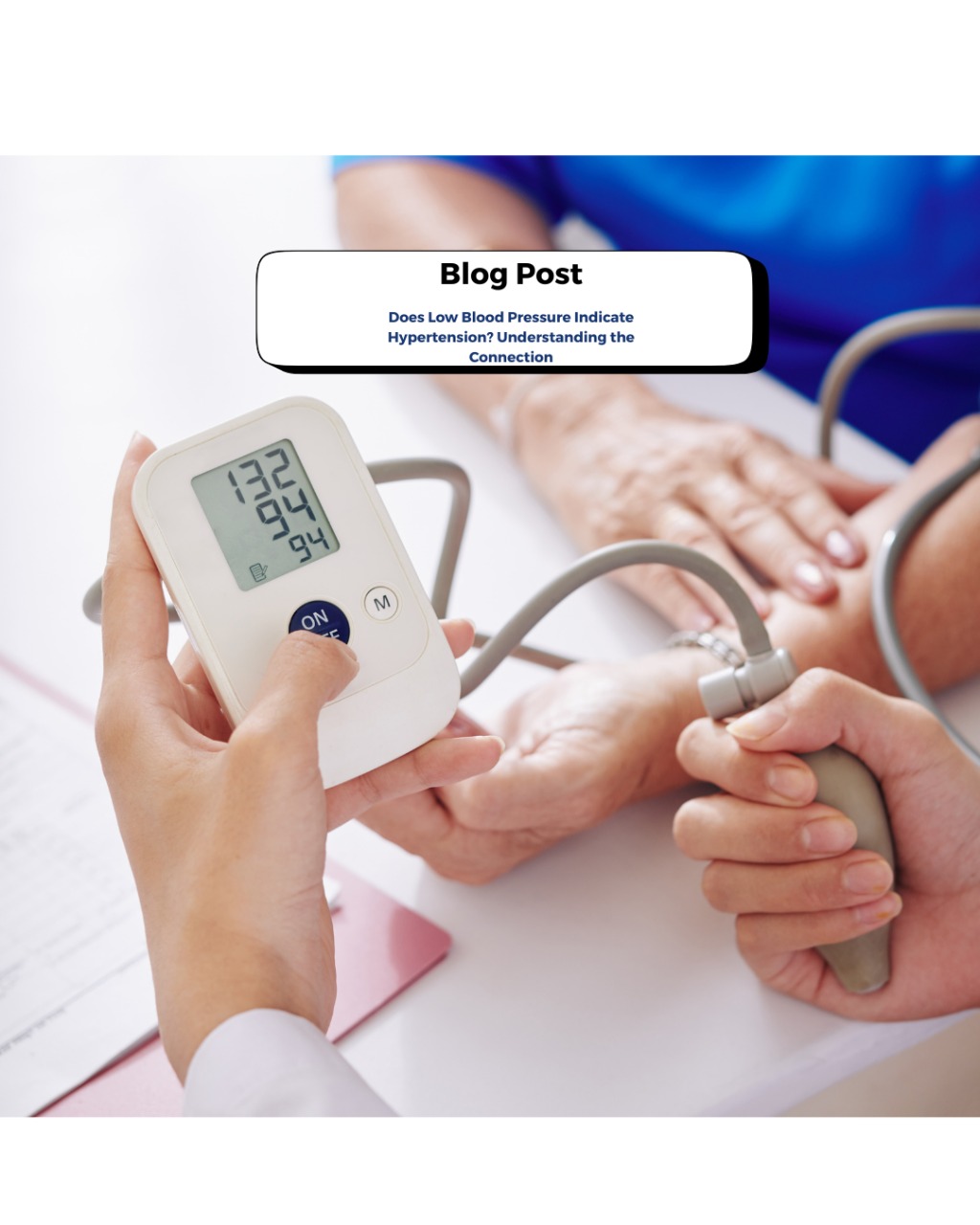TitleDoes Low Blood Pressure Indicate Hypertension? Understanding the Connection
Introduction
Hypertension, commonly known as high blood pressure, is a serious health condition that increases the risk of heart disease, stroke, and kidney failure. However, many people wonder whether low blood pressure (hypotension) can also be a symptom of hypertension. Dr. Kavya Jonnalagadda, the top endocrinologist in Tirupati at Sree Charith Hospitals, explains the relationship between low blood pressure and hypertension, as well as how to manage these conditions effectively.
Understanding Blood Pressure Levels Blood pressure is measured using two values:
Systolic Pressure (Top Number): The pressure when the heart beats.
Diastolic Pressure (Bottom Number): The pressure when the heart rests between beats.
Normal blood pressure: 120/80 mmHg
Hypertension: 140/90 mmHg or higher
Hypotension: 90/60 mmHg or lower
Can Low Blood Pressure Be a Symptom of Hypertension? While low blood pressure and hypertension are opposite conditions, there are cases where individuals with hypertension experience episodes of low blood pressure. Here’s why:
Medication Side Effects
Certain antihypertensive medications, like beta-blockers and diuretics, can lower blood pressure excessively, causing dizziness and fatigue.
Autonomic Dysfunction
Some people with long-term hypertension develop autonomic dysfunction, which leads to poor blood pressure regulation and sudden drops in BP.
Postural Hypotension
Individuals with high blood pressure may experience a sudden drop in BP when standing up, known as orthostatic hypotension.
Heart Problems
Hypertension damages the heart over time, leading to weakened heart function, which may cause episodes of low blood pressure.
Dehydration and Nutrient Deficiencies
People with high blood pressure taking diuretics can experience dehydration, reducing blood volume and causing low BP.
Symptoms of Low Blood Pressure
Dizziness or lightheadedness
Fainting
Blurred vision
Nausea
Fatigue
Managing Blood Pressure Effectively
Monitor blood pressure regularly to detect fluctuations.
Stay hydrated and maintain a balanced diet.
Adjust medications under the supervision of an expert like Dr. Kavya Jonnalagadda.
Avoid sudden position changes to prevent dizziness.
Consult Dr. Kavya Jonnalagadda, the best thyroid doctor If you are experiencing fluctuations in blood pressure or symptoms of low or high blood pressure, consult Dr. Kavya Jonnalagadda at Sree Charith Hospitals in Tirupati. As a leading endocrinologist, she provides expert diagnosis and customized treatment plans for hypertension and related conditions. Book your appointment today for better heart health.




Comments
Post a Comment